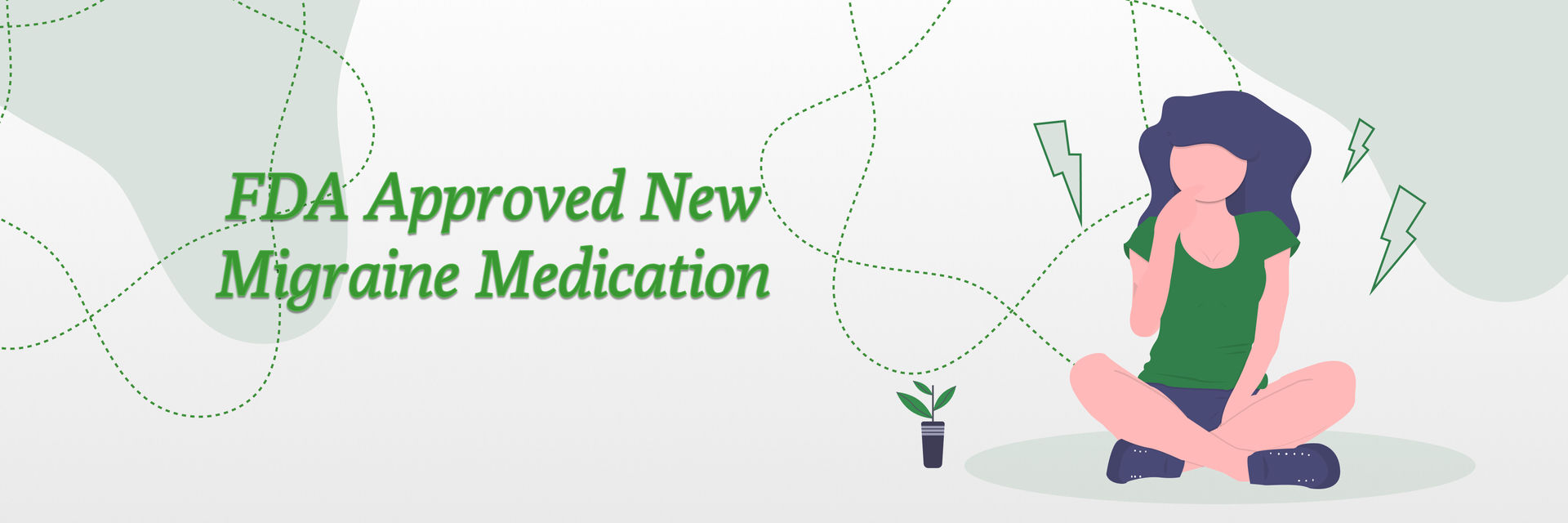Parkinson's disease (PD) is a chronic and progressive neurological disorder that primarily affects movement. While it’s typically associated with older adults, it is increasingly being diagnosed in young adults in their 20s, raising concerns globally. In India alone, over 6 lakh people are currently living with Parkinson’s, with more young adults presenting with early-onset symptoms. According to recent global statistics, approximately 7 million people suffer from Parkinson's, and early detection is key to managing the disease effectively.
But what exactly is Parkinson’s disease?
It is a disorder caused by the degeneration of dopamine-producing neurons in the brain, which leads to worsening motor and non-motor symptoms over time.
If you're wondering: Can you get Parkinson's in your 20s?
The answer is yes. And the signs, though subtle, shouldn’t be ignored. Let’s dive into the signs of Parkinson’s disease in your 20s and what to do if you notice them.
Signs of Parkinson's Disease in 20s
Recognizing the early signs of Parkinson's disease in your 20s is crucial for timely diagnosis and management. Although the symptoms in younger individuals are similar to those in older adults, the progression may be slower, and the signs may be subtle. Here are some key early signs of Parkinson’s in 20s to watch for:
| Symptom | Description |
| Tremors | Mild shaking in the hands, fingers, or limbs, especially at rest. |
| Muscle stiffness | Tightness in muscles that limits range of motion. |
| Bradykinesia | Slowed movement, making routine tasks more difficult and time-consuming. |
| Postural instability | Trouble maintaining balance and coordination. |
| Changes in handwriting | Micrographia, or smaller, cramped handwriting, can be an early sign. |
| Facial masking | A reduced ability to show facial expressions. |
Understanding and identifying these early signs can help individuals seek medical advice sooner, potentially improving outcomes.
Can You Stop Parkinson’s If Caught Early?
Although there is currently no cure for Parkinson's disease, early diagnosis and intervention can significantly improve the quality of life and help slow the disease's progression. Treatments, including medications, physical therapy, and lifestyle changes, can help manage symptoms effectively. For individuals diagnosed with Parkinson’s disease in their 20s, establishing a robust care plan with a neurologist can help control symptoms and allow them to lead fulfilling lives.
If you're experiencing early signs of Parkinson's, don’t wait—book an appointment with the best neurologists in India to get a timely diagnosis and begin treatment.
Science Behind Parkinson’s Disease
Parkinson's disease develops when certain nerve cells (neurons) in the brain gradually break down or die. These neurons produce a chemical messenger called dopamine, which is responsible for transmitting signals between the brain's movement control centers. As dopamine levels drop, individuals start to experience symptoms of Parkinson's, including tremors, muscle rigidity, and bradykinesia.
Research has shown that both genetic and environmental factors contribute to Parkinson's disease. In cases of Parkinson’s disease in your 20s, genetic mutations like the PARK2 gene have been identified as significant contributors. Environmental toxins, oxidative stress, and mitochondrial dysfunction are also considered contributing factors, although the exact cause remains unclear.
How Long Can a 20 Year Old Live with Parkinson’s Disease?
One of the most common concerns for those diagnosed with young-onset Parkinson's disease is life expectancy. While Parkinson's is a progressive condition, it is not necessarily fatal. The life expectancy of someone with Parkinson's in their 20s can be nearly the same as someone without the disease, especially with proper management and treatment. However, over time, complications related to the disease, such as difficulty swallowing or respiratory issues, can impact overall health.
Young-onset Parkinson’s symptoms tend to progress more slowly than in older individuals. By working with healthcare professionals, adhering to treatment plans, and making lifestyle adjustments, many individuals with Parkinson’s disease in their 20s can live for several decades after diagnosis.
Managing Parkinson’s symptoms can significantly improve quality of life. Connect with top Parkinson's specialists in India today for a personalized care plan."
How to manage Early-Onset Parkinson’s Disease?
Living with early-onset Parkinson’s disease requires adopting a comprehensive approach to managing the physical, emotional, and psychological aspects of the disease. While receiving a diagnosis in your 20s can be daunting, early treatment can help manage symptoms and improve quality of life.
Treatment Options
- Medications: Dopaminergic medications like levodopa are commonly used to manage symptoms. Early diagnosis allows doctors to tailor treatments to each individual’s needs.
- Physical therapy: Regular physical therapy can help improve motor function, balance, and flexibility.
- Lifestyle changes: Diet, exercise, and mental health care are critical to managing Parkinson's disease in your 20s. Yoga, tai chi, and swimming are beneficial for improving mobility and reducing stress.
Emotional and Mental Health
Receiving a diagnosis of Parkinson’s in your 20s can lead to feelings of anxiety, depression, and isolation. Seeking support from family, friends, and Parkinson’s support groups can make a significant difference. Counselling and cognitive behavioural therapy (CBT) are also effective tools for coping with the emotional challenges of living with early-onset Parkinson’s disease.
How Does Early-Onset Parkinson’s Affect Females Differently?
While Parkinson’s affects both genders, there are some differences in early-onset Parkinson’s in females. Studies suggest that hormonal fluctuations, particularly estrogen, may impact the onset and progression of Parkinson’s in women. For young women diagnosed with Parkinson’s disease in their 20s, discussing reproductive health and planning for pregnancy is essential.
Here’s what women need to consider:
- Impact on menstrual cycles
- How medications might affect pregnancy
- Post-menopausal effects on Parkinson’s progression
Living with early-onset Parkinson’s disease is undoubtedly challenging, but proactive management can make a significant difference.
Are you worried about your symptoms or want to explore treatment options? Schedule a consultation today with experts who specialize in early-onset Parkinson's.
FAQs
1: Can Parkinson’s disease be misdiagnosed in young adults?
Yes, Parkinson’s disease can sometimes be misdiagnosed in young adults because its symptoms can overlap with other neurological conditions. It’s essential to consult with a neurologist for an accurate diagnosis.
2: Is Parkinson’s disease hereditary?
While genetics can play a role in young-onset Parkinson's, most cases are not inherited. Genetic mutations like the PARK2 gene can increase the risk but are relatively rare.
3: What lifestyle changes can help manage Parkinson's disease in your 20s?
Adopting a healthy diet, regular physical activity, and stress management techniques can help manage symptoms and improve overall quality of life.







